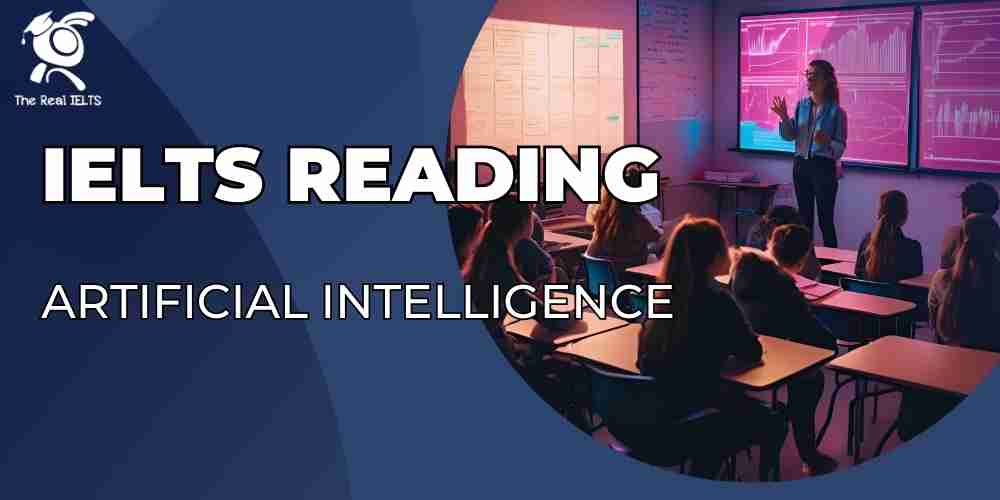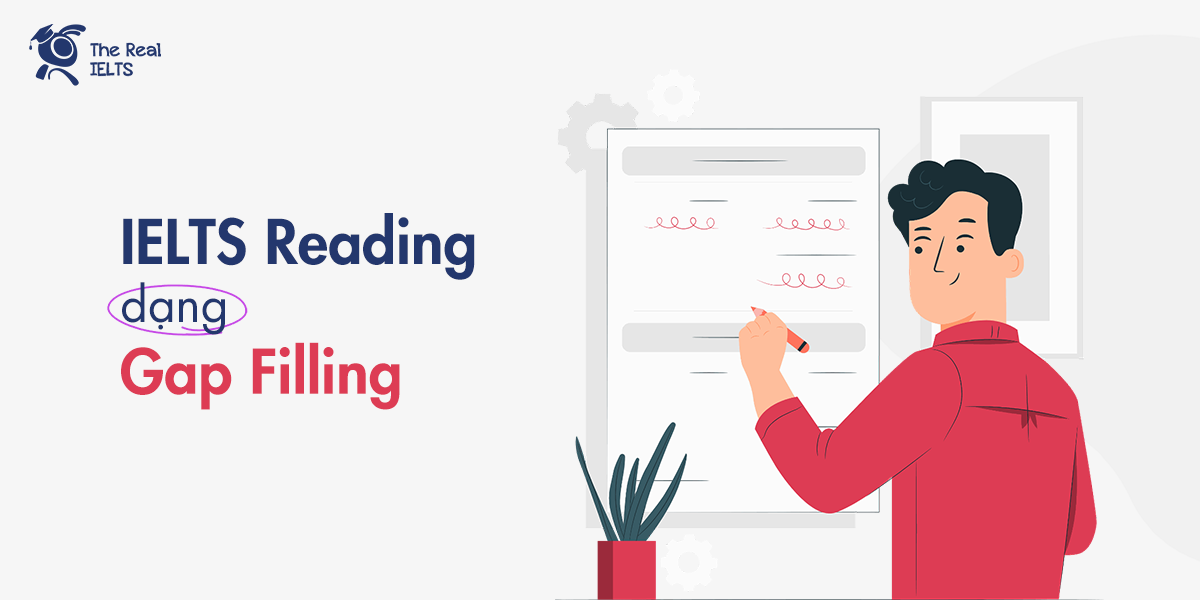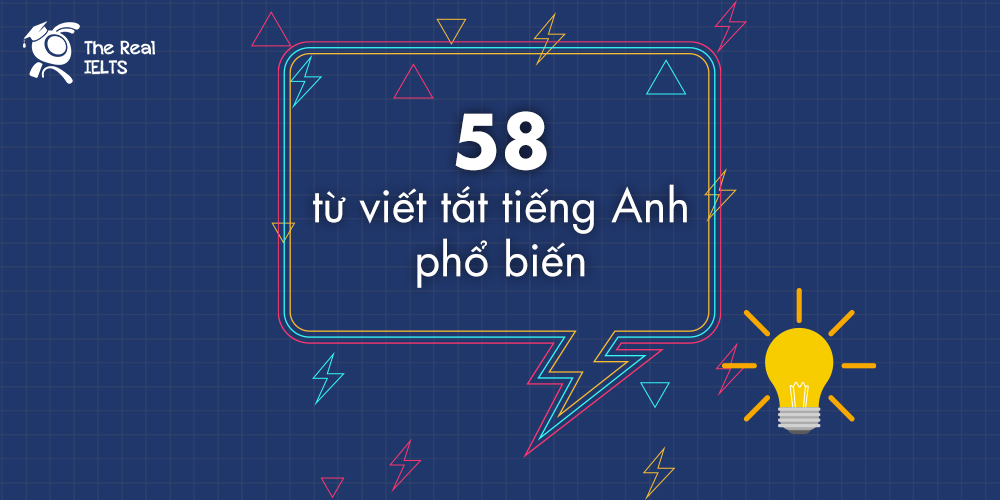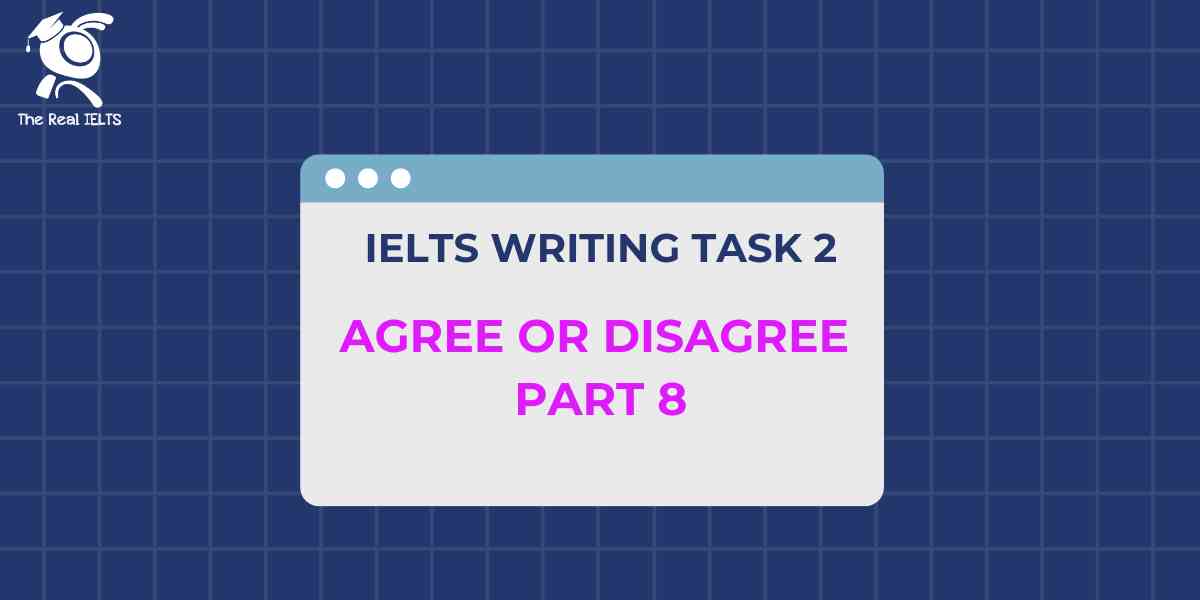Luyện tập IELTS Reading ngày 6 có chủ đề: The Future of Artificial Intelligence in Business. Bài này thuộc chuỗi IELTS Reading: 30 chủ đề luyện tập. Mỗi bài này luyện tập khoảng 30 phút.
Học lại bài cũ: IELTS READING Day 5: Biodiversity Loss and Its Impact on Ecosystems.
Đọc bài IELTS Reading và trả lời câu hỏi ở bên dưới
Passage 1: AI’s Role in Business Today
Artificial Intelligence (AI) is rapidly transforming the way businesses operate. From automating mundane tasks to providing insights from vast amounts of data, AI is helping companies become more efficient and competitive. Many industries such as finance, healthcare, and manufacturing are already seeing the benefits of AI through the use of machine learning algorithms, robotics, and advanced data analytics.
For example, in the retail industry, AI is being used to predict customer behavior and optimize supply chains. In healthcare, AI assists doctors in diagnosing diseases by analyzing medical images, while in the finance sector, AI is used to detect fraudulent transactions and manage financial risks.
However, the integration of AI into business is not without challenges. The need for massive amounts of data and the cost of implementing AI solutions are significant hurdles for smaller companies. Additionally, there are concerns about job displacement as AI takes over more routine tasks.
Passage 2: AI and Decision Making
One of the most transformative aspects of AI in business is its ability to enhance decision-making. AI systems can analyze vast amounts of data at speeds humans cannot match, making it easier for businesses to make informed decisions. Companies use AI to predict market trends, optimize pricing strategies, and even make hiring decisions.
AI also plays a crucial role in customer service. Many companies now use AI-powered chatbots to interact with customers, providing instant responses and handling inquiries efficiently. This not only improves customer satisfaction but also reduces the workload on human employees.
Despite the advantages, the reliance on AI for decision-making raises ethical questions. Critics argue that over-reliance on AI could lead to decisions that lack human empathy or cultural sensitivity, particularly in areas like hiring or law enforcement. Ensuring that AI systems remain transparent and accountable is critical for building trust in these technologies.
Passage 3: The Future of AI in Business
Looking ahead, AI is expected to become even more integral to business operations. As technologies such as natural language processing and autonomous systems evolve, businesses will find new ways to innovate and streamline operations. For instance, AI-driven autonomous vehicles could revolutionize logistics and transportation, making deliveries faster and more cost-effective.
In the field of marketing, AI is poised to transform how companies interact with customers by delivering highly personalized experiences through targeted advertisements and product recommendations. Moreover, AI will likely play a key role in sustainability efforts, helping companies optimize energy usage and reduce waste.
Nevertheless, the future of AI in business is not without risks. There are ongoing concerns about data privacy, security, and the potential for AI to reinforce biases present in historical data. Policymakers and business leaders will need to collaborate to establish ethical guidelines and regulations to ensure AI’s development benefits society as a whole.
Từ vựng
- Artificial Intelligence (AI) – Trí tuệ nhân tạo
- Transforming – Biến đổi
- Operate – Vận hành
- Automating – Tự động hóa
- Mundane tasks – Những công việc thường nhật, nhàm chán
- Insights – Thông tin chi tiết
- Efficient – Hiệu quả
- Competitive – Cạnh tranh
- Machine learning algorithms – Thuật toán học máy
- Robotics – Công nghệ robot
- Data analytics – Phân tích dữ liệu
- Predict – Dự đoán
- Optimize – Tối ưu hóa
- Supply chains – Chuỗi cung ứng
- Diagnosing – Chẩn đoán
- Fraudulent transactions – Giao dịch gian lận
- Financial risks – Rủi ro tài chính
- Integration – Sự tích hợp
- Hurdles – Rào cản
- Job displacement – Sự thay thế công việc
- Routine tasks – Công việc thường nhật
- Decision-making – Quyết định
- Market trends – Xu hướng thị trường
- Pricing strategies – Chiến lược định giá
- Hiring decisions – Quyết định tuyển dụng
- Customer service – Dịch vụ khách hàng
- Chatbots – Trợ lý ảo/ Chatbot
- Inquiries – Yêu cầu (thông tin)
- Workload – Khối lượng công việc
- Ethical questions – Vấn đề đạo đức
- Empathy – Sự thấu cảm
- Cultural sensitivity – Nhạy cảm văn hóa
- Transparent – Minh bạch
- Accountable – Có trách nhiệm
- Autonomous systems – Hệ thống tự động
- Logistics – Hậu cần
- Transportation – Vận chuyển
- Deliveries – Giao hàng
- Personalized experiences – Trải nghiệm cá nhân hóa
- Targeted advertisements – Quảng cáo nhắm mục tiêu
- Sustainability efforts – Nỗ lực bền vững
- Energy usage – Sử dụng năng lượng
- Reduce waste – Giảm lãng phí
- Data privacy – Bảo mật dữ liệu
- Security – An ninh
- Reinforce – Củng cố
- Biases – Định kiến
- Historical data – Dữ liệu lịch sử
- Policymakers – Các nhà hoạch định chính sách
- Regulations – Quy định
- Ethical guidelines – Hướng dẫn đạo đức
- Trust – Sự tin tưởng
Câu hỏi IELTS Reading The Future of Artificial Intelligence in Business
1. Multiple Choice Questions:
- What is one advantage of using AI in business according to Passage 1? A. It replaces human workers entirely.
B. It makes customer service obsolete.
C. It helps businesses become more efficient and competitive.
D. It eliminates the need for data. - According to Passage 2, how does AI assist companies in decision-making? A. It prevents unethical decisions from being made.
B. It analyzes large volumes of data quickly.
C. It replaces CEOs and top management.
D. It guarantees the best decision in every case.
2. Matching Headings:
Match the following headings to the correct passages:
- A. The Present Role of AI in Business
- B. Ethical Concerns Surrounding AI
- C. How AI Improves Business Decisions
- D. Predictions for the Future of AI in Business
- Passage 1: ______
- Passage 2: ______
- Passage 3: ______
3. True/False/Not Given:
- AI is currently being used to manage supply chains in the retail industry.
- AI will eliminate all jobs in customer service in the future.
- Policymakers are not concerned about the future risks associated with AI.
4. Short Answer Questions:
- Name two industries that are benefiting from AI as mentioned in Passage 1.
- What is one ethical concern raised about AI in decision-making?
Đáp án IELTS Reading The Future of Artificial Intelligence in Business
1. Multiple Choice Questions:
- C. It helps businesses become more efficient and competitive.
- Giải thích: Theo Passage 1, AI giúp các công ty trở nên hiệu quả hơn và có tính cạnh tranh hơn.
- B. It analyzes large volumes of data quickly.
- Giải thích: Passage 2 nhấn mạnh rằng AI phân tích lượng dữ liệu lớn với tốc độ nhanh, hỗ trợ quá trình ra quyết định của các công ty.
2. Matching Headings:
- Passage 1: A. The Present Role of AI in Business
- Giải thích: Passage 1 nói về vai trò hiện tại của AI trong kinh doanh.
- Passage 2: C. How AI Improves Business Decisions
- Giải thích: Passage 2 tập trung vào cách AI cải thiện quá trình ra quyết định của doanh nghiệp.
- Passage 3: D. Predictions for the Future of AI in Business
- Giải thích: Passage 3 đề cập đến dự đoán tương lai của AI trong lĩnh vực kinh doanh.
3. True/False/Not Given:
- True
- Giải thích: Passage 1 nêu rõ AI đang được sử dụng để quản lý chuỗi cung ứng trong ngành bán lẻ.
- False
- Giải thích: Passage 2 nói rằng AI hỗ trợ dịch vụ khách hàng thông qua chatbots, nhưng không đề cập đến việc AI sẽ thay thế tất cả công việc trong lĩnh vực này.
- Not Given
- Giải thích: Bài viết không đề cập cụ thể việc các nhà hoạch định chính sách không quan tâm đến rủi ro tương lai của AI.
4. Short Answer Questions:
- Two industries that are benefiting from AI:
- Retail and Healthcare
- Giải thích: Passage 1 đề cập ngành bán lẻ và y tế đang hưởng lợi từ AI.
- One ethical concern raised about AI in decision-making:
- Lack of human empathy or cultural sensitivity
- Giải thích: Passage 2 nêu lên vấn đề thiếu sự thấu cảm và nhạy cảm văn hóa khi AI tham gia vào quá trình ra quyết định.















